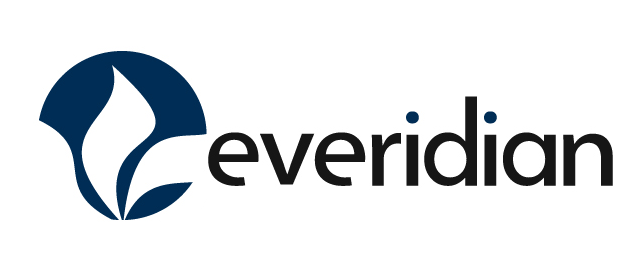Four Focused Practices to Use When Spread Thin
Bauback Yeganeh, Ph.D.
“I feel thin, sort of stretched, like butter scraped over too much bread.”
― J.R.R. Tolkien, The Fellowship of the Ring
It's very common for leaders to feel overloaded with personal and professional responsibilities. Personal time is largely spent on family, home maintenance, physical fitness (hopefully), medical issues, and maintaining a social life. Meanwhile professionally, leaders are being asked to be more productive in environments of increasing pace and complexity. Acquisitions, leadership transitions, turnover, competition, and other factors result in leaders feeling spread thin, which means they aren't meeting their full potential. If you are a leader who can relate, try the following four focused practices.
1. Have intentional conversations.
If you are constantly on the go from one meeting to another, a useful practice is to ask yourself "what do I truly want to accomplish in this next conversation?" Once you are centered on your purpose, try the following formula:
Frame the purpose of your conversation
Ask open-ended questions (what, who, how, why, where) of others to engage them and understand what their foci are.
Explain the context behind your thoughts (why you want what you want).
Make sure everyone is clear on action items and next steps.
2. Breathe calmly.
The stress of being busy can leave us rushing to our next activity at the cost of not being fully present in the moment. Breathing calmly helps us center on where we are and who we are talking to. Being centered helps us to see opportunities in the moment and advance our goals. Yes, there isn't enough time in the day, and no, running around like a headless chicken isn't productive. In fact, there is a very good chance that you are engaged in shallow breathing even now, while reading this blog. Try taking some calm and full breaths right now and notice the difference in your experience.
3. Delegate.
A third example is to focus on who you can delegate work to. If you are feeling spread thin, there is a good chance that you are doing more than you need to do. Common thoughts such as "it would take more time supervising a direct report on this than doing it myself" are signs that you may not be coaching direct reports enough. Identify the low risk activities that you are engaged in and give a member of your team an opportunity to grow by doing the work for you. Check in with them on the work via coaching conversations. Even if coaching someone takes as much time as it would to do the work yourself, more often than not it pays dividends down the road. Your coached direct reports will gain skills and confidence in taking on more of your work, leaving you with time to focus on strategy.
4. Keep things in perspective.
Finally, it helps to keep things in perspective. Allowing yourself to become disproportionately stressed isn't useful. There are many common distortions that increase stress, such as catastrophizing a problem, personalizing a problem, and/or engaging in all or nothing thinking. Ask yourself if you are pouring fuel on the fire by thinking stressful thoughts, and be honest with yourself in the answer. Remember, at the end of the day all you can do is your best. There is only so much you can control, so find your mindful path, take care of yourself, and collaborate with others as productively as you can.
